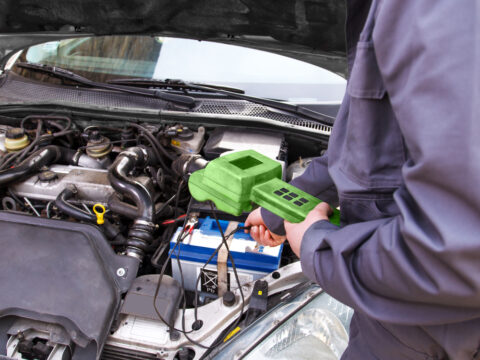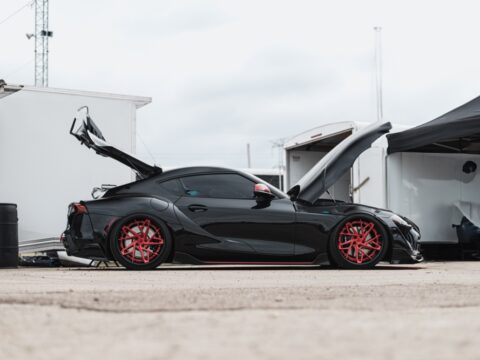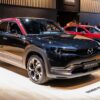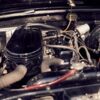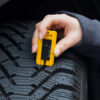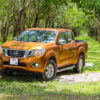Certain aftermarket mods for off-road vehicles can negatively impact performance and safety. Overly large tires without proper suspension upgrades can strain the drivetrain and cause handling issues. Lift kits that are too extreme can compromise stability and reduce control on challenging terrains. Poor-quality light bars or winches can fail when needed most, and aftermarket exhaust systems might violate noise regulations or cause engine issues. It’s essential to choose mods that are functional, well-tested, and suitable for the specific off-road conditions you plan to tackle.
Contents
Overly Tall Lift Kits
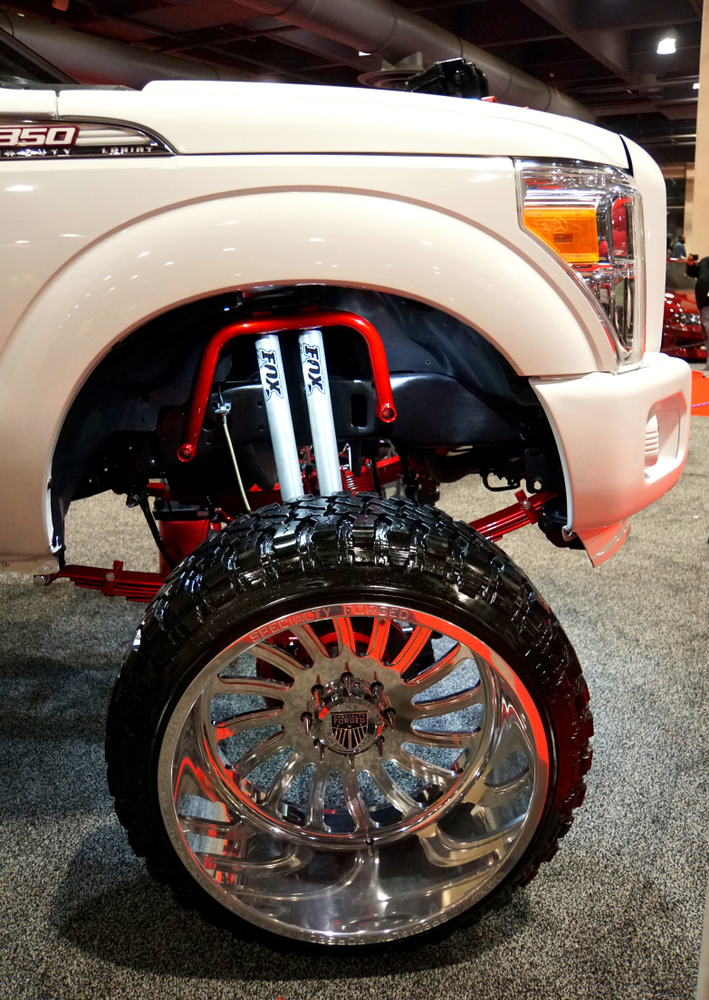
Excessive lift kits, raising the vehicle too high (6 inches or more), can negatively affect the center of gravity, making the vehicle unstable during off-road climbs or descents. They also place more stress on the suspension and steering components, increasing wear and tear. These kits often require drivetrain modifications, which can result in driveline vibrations or misalignment. Instead, opt for a moderate lift (2-4 inches) that maintains stability while improving ground clearance without compromising safety or vehicle handling.
Low-Profile Tires
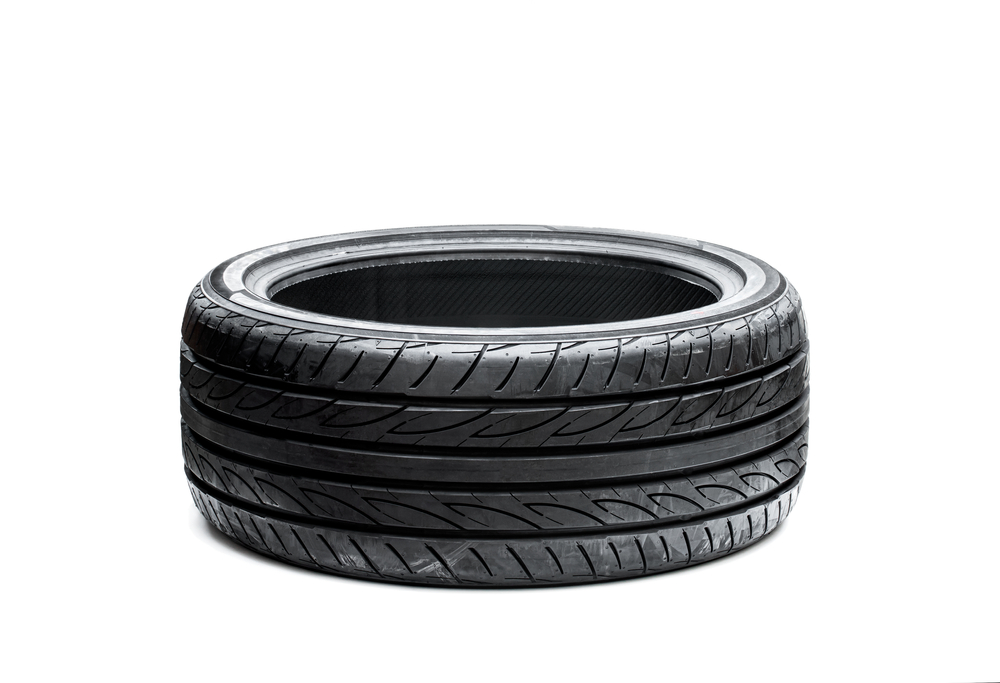
Low-profile tires might look sporty, but they are a poor choice for off-road vehicles. These tires have less sidewall, meaning they offer reduced cushioning over rough terrain, leading to a harsher ride and greater risk of damaging wheels or suspension components. They also provide less grip on uneven surfaces. A better alternative is to use all-terrain or mud-terrain tires with higher sidewalls, which provide more cushioning, better traction, and durability on rough off-road trails.
Cheap Coil Spring Spacers
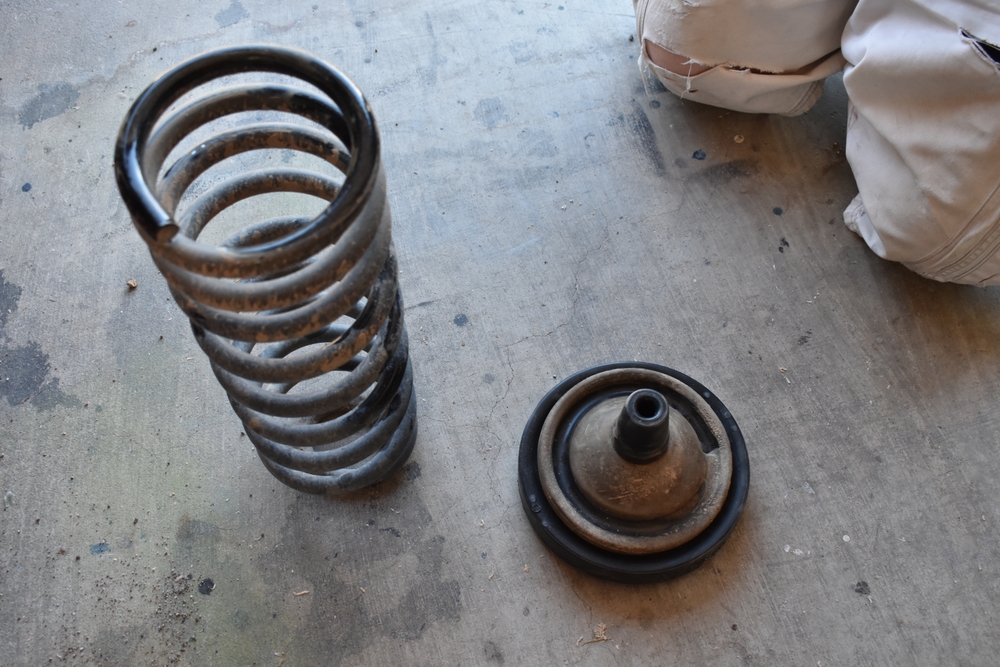
Coil spring spacers are an inexpensive way to lift a vehicle, but they often come with significant drawbacks. These spacers don’t improve suspension travel or ride quality, and they can put additional strain on your stock shocks, leading to premature failure. Spacers can also negatively affect the vehicle’s alignment, resulting in uneven tire wear. A proper suspension lift with upgraded shocks and springs is a better investment, providing improved ride quality and off-road performance.
Too Wide Wheels and Tires
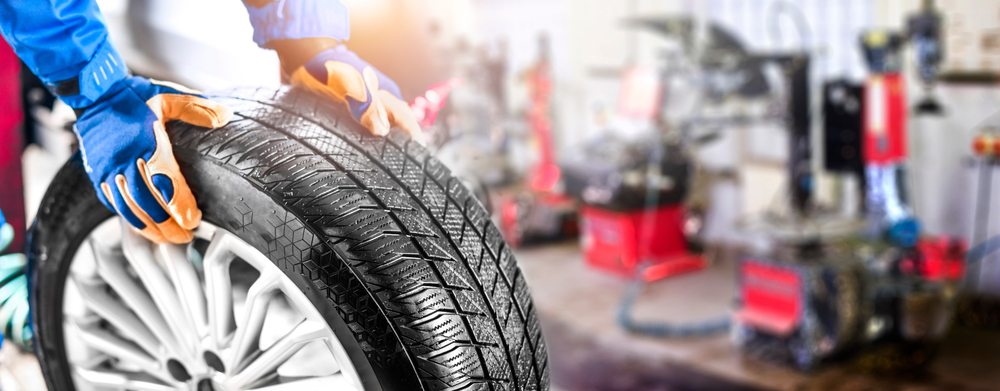
While wider tires might offer more grip on certain surfaces, going too wide (over 12 inches) can create several issues. Wide tires add unnecessary weight, reduce fuel efficiency, and put extra stress on the drivetrain. They can also rub against the body or suspension components, especially when turning or articulating over obstacles. Instead, choose moderately wider tires that are appropriate for your vehicle’s off-road needs, usually between 9 to 12 inches, depending on the vehicle.
Aftermarket Snorkels Without Proper Sealing
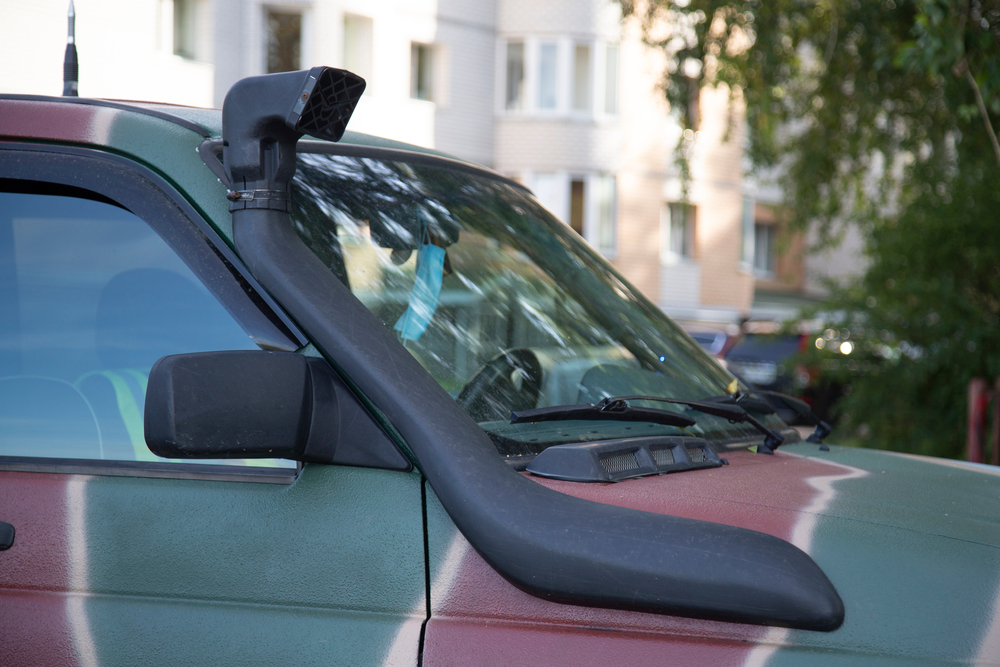
Snorkels are meant to help off-road vehicles cross deep water by raising the air intake, but cheap or improperly installed snorkels can actually do more harm than good. If the snorkel isn’t properly sealed, water can enter the engine, causing catastrophic damage. Instead, invest in a high-quality snorkel from a reputable brand, and ensure it’s professionally installed with airtight seals to provide real protection during water crossings.
Light Bars Without Street-Legal Consideration
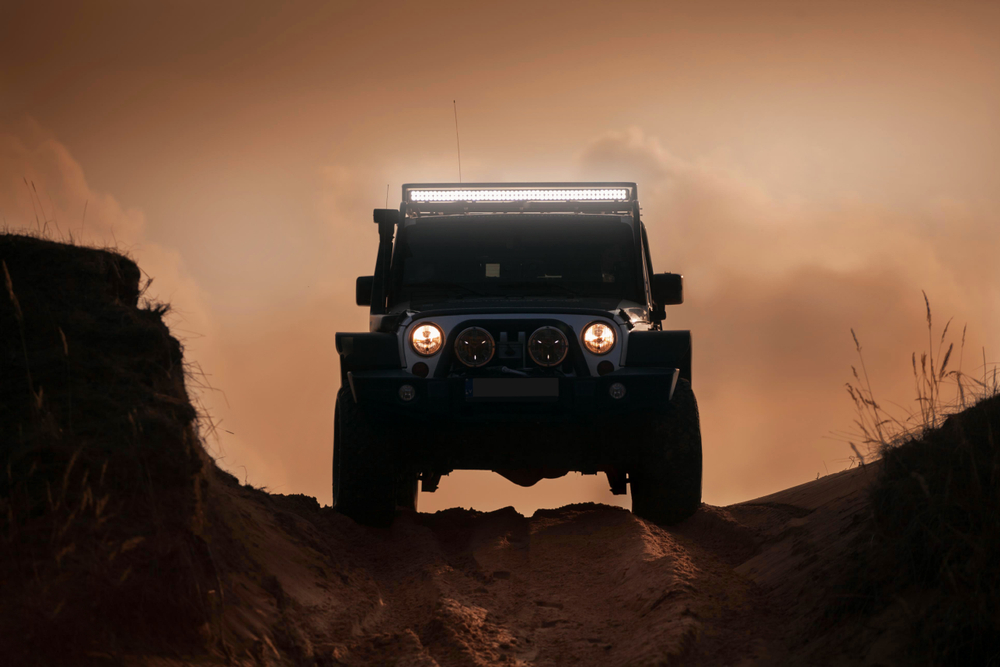
Off-road light bars can be useful in low-light conditions, but installing excessively bright light bars without regard for street legality can lead to legal trouble or safety issues. These lights can blind oncoming drivers if used on public roads. Instead, install light bars with proper wattage for off-road use only and ensure you have a switch to disable them while driving on public roads. You can also consider legal auxiliary lights that meet both on-road and off-road lighting needs.
Overly Aggressive Bumper Replacements
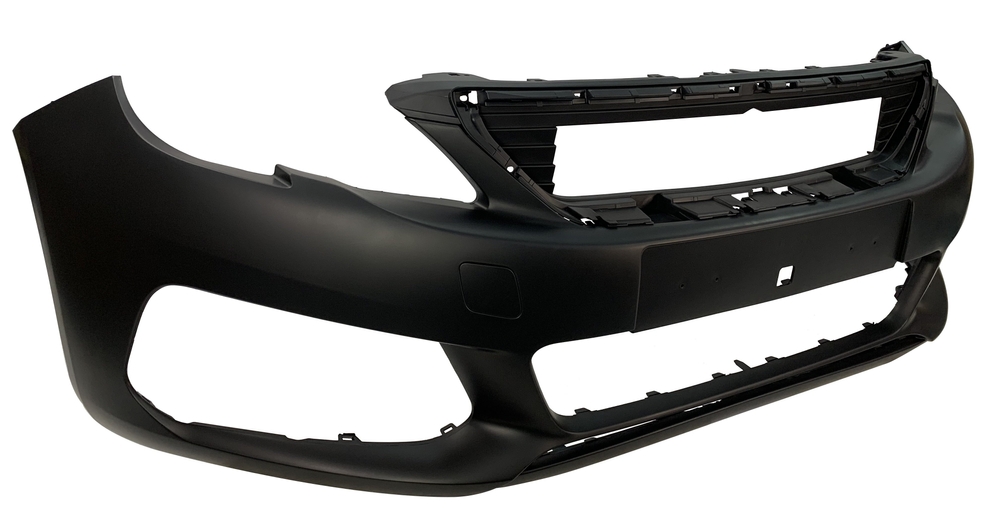
Some aftermarket bumpers are designed more for aesthetic appeal than functionality. Heavy, bulky bumpers can add unnecessary weight to the vehicle, negatively impacting its performance and fuel efficiency. They may also interfere with airbag sensors or reduce approach and departure angles, limiting off-road capability. A better option is to install lightweight, high-clearance bumpers made from durable materials like aluminum or reinforced steel, providing protection without compromising performance.
Excessive LED Accent Lighting
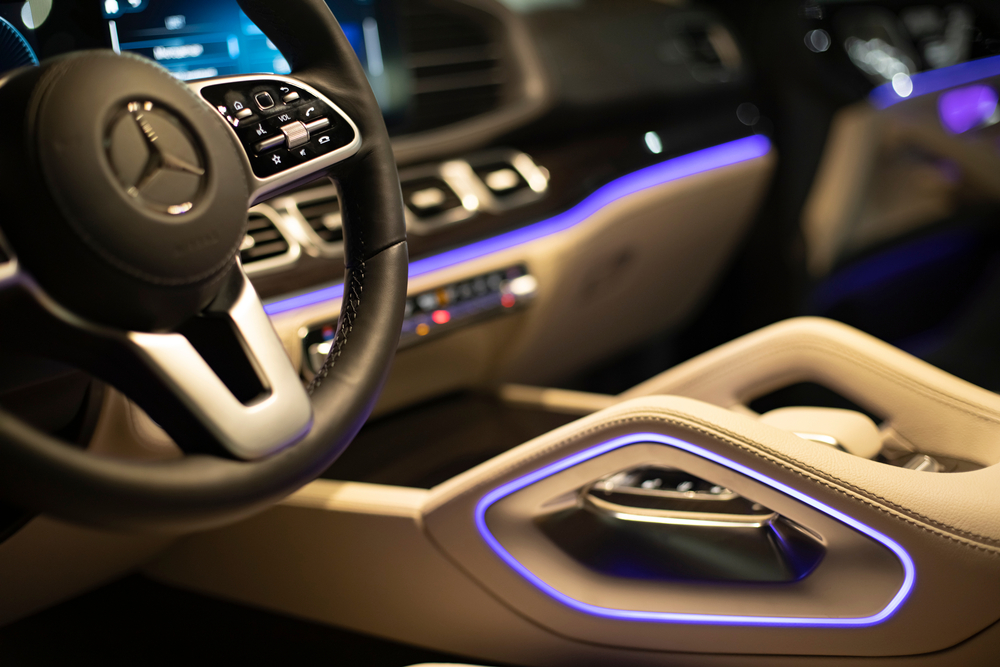
While LED accent lights might look flashy, they don’t provide any practical off-road benefit. Too many lights can drain your battery quickly and increase electrical system strain. In some cases, they can also be distracting or illegal, depending on your area’s regulations. Instead, focus on functional lighting, like auxiliary driving lights or rock lights that enhance visibility in low-light conditions, offering practical benefits during off-road adventures.
Giant Roof Racks
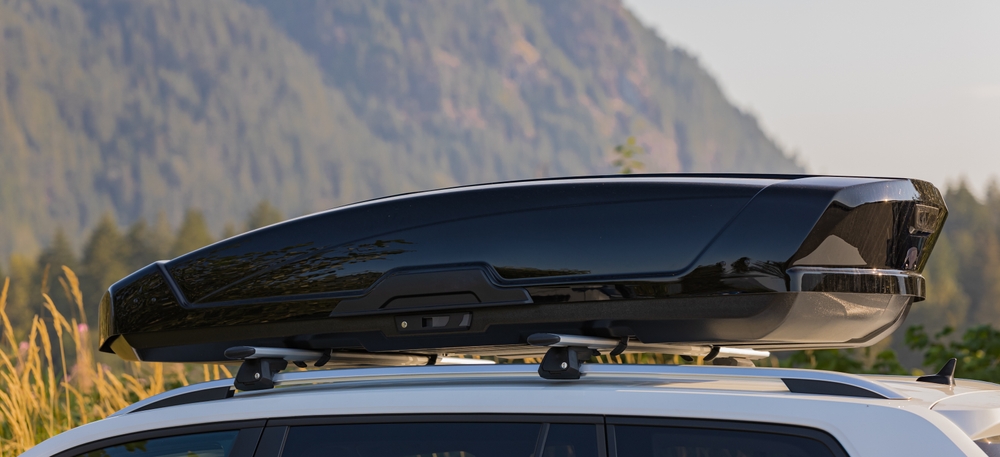
While roof racks can provide additional storage for off-road gear, installing oversized or heavy roof racks can raise the vehicle’s center of gravity, making it more prone to rollovers on uneven terrain. These racks also add wind resistance, reducing fuel efficiency, and the extra weight can strain your suspension. A more practical alternative is to use a lightweight, low-profile roof rack with proper load distribution, or even invest in a rear-mounted cargo solution to keep the weight lower.
Massive Exhaust Tips
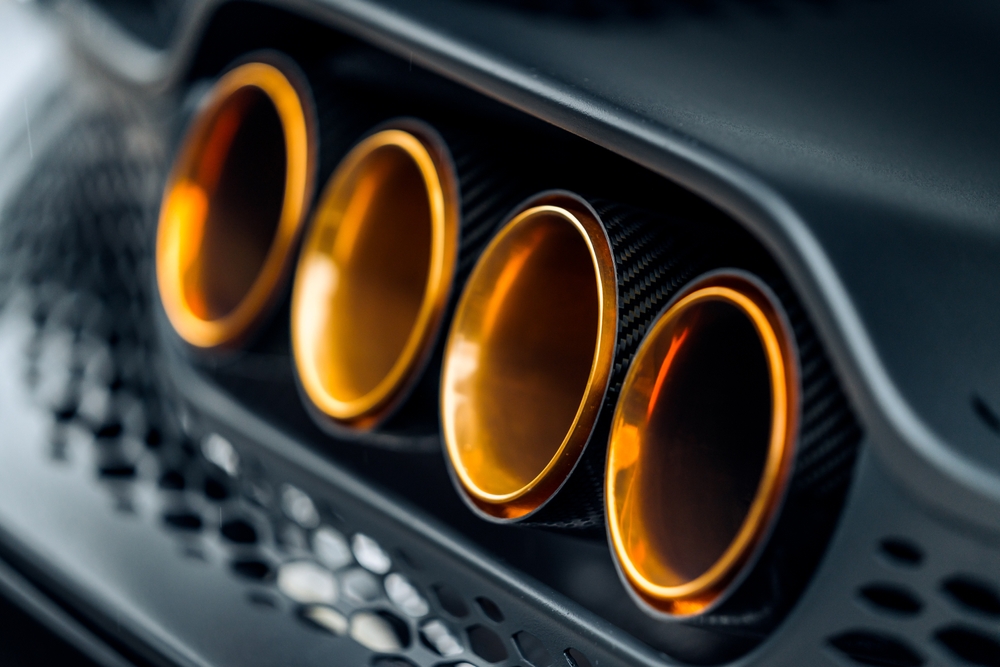
Oversized aftermarket exhaust tips may look impressive, but they serve no real performance benefit and can actually increase the risk of damage during off-road driving. The large size makes them more likely to scrape or hit rocks, potentially damaging the exhaust system. Instead, stick with a more compact, high-clearance exhaust system that is designed to withstand off-road use. These exhausts provide better protection while maintaining performance.
Cheap Winches
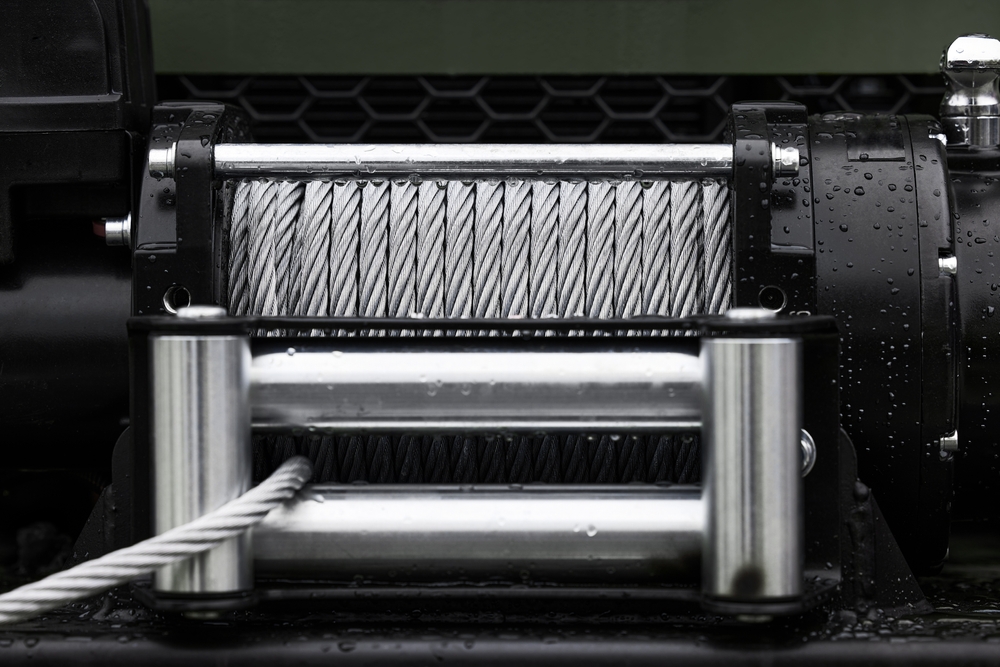
While winches are essential for off-roading recovery, buying a cheap, underpowered winch can leave you stranded when you need it most. Inexpensive winches often lack the pulling power or durability to handle the weight of your vehicle in tough conditions, and their low-quality components can fail under pressure. It’s better to invest in a reliable winch with a pulling capacity at least 1.5 times the weight of your vehicle, ensuring you have the power needed to get out of difficult situations.
Body Lifts Over Suspension Lifts
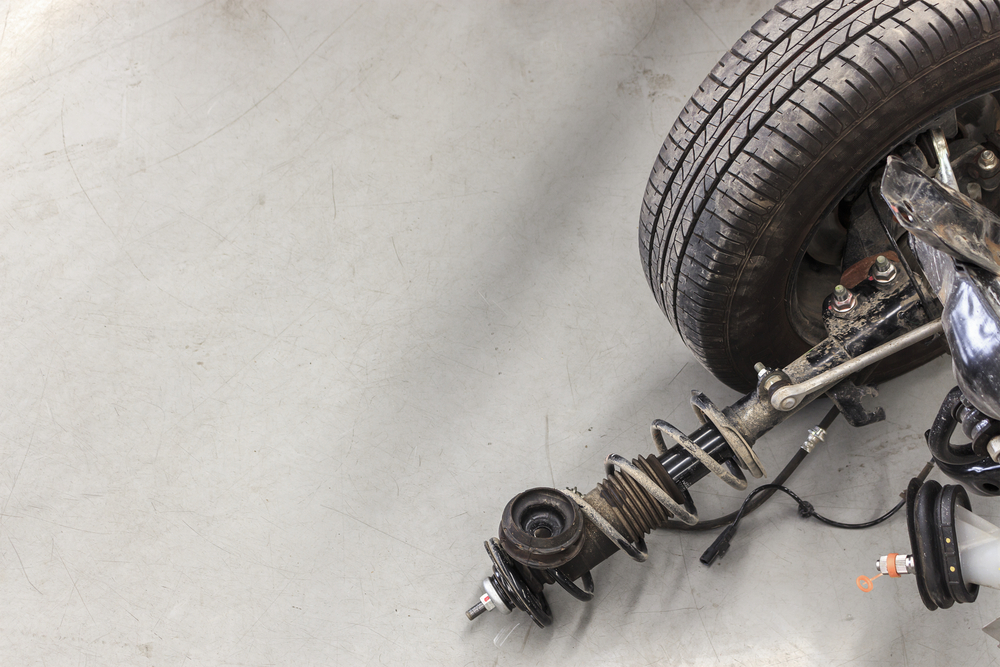
Body lifts raise the vehicle’s body off the frame, providing clearance for larger tires but doing nothing to improve ground clearance or suspension travel. This mod can also lead to a “tippy” feeling on uneven terrain and may expose more of the frame, reducing the vehicle’s aesthetic appeal. Instead, opt for a suspension lift, which raises both the body and chassis, improving ground clearance and off-road capability while maintaining stability.
Chrome Accessories
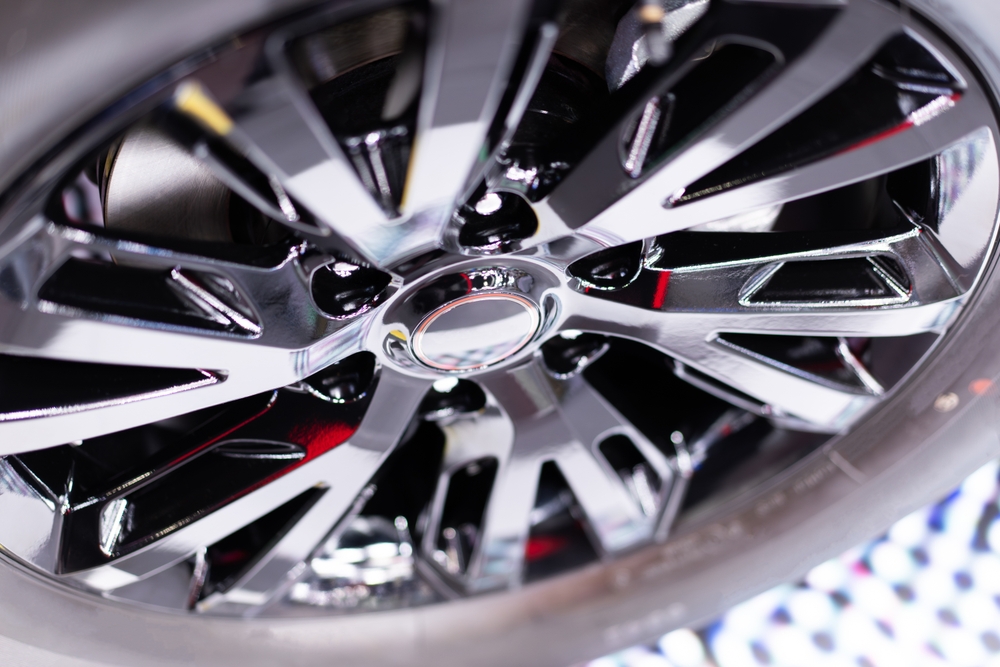
Chrome accessories may look flashy on the road, but they’re impractical and counterproductive for off-road use. Chrome parts are prone to rust and corrosion, especially when exposed to mud, dirt, and moisture on off-road trails. The reflective surfaces can also cause glare in sunny conditions. Instead, choose matte or powder-coated accessories that are more durable and resistant to the elements, offering both functionality and a rugged look.
Non-Functional Hood Scoops
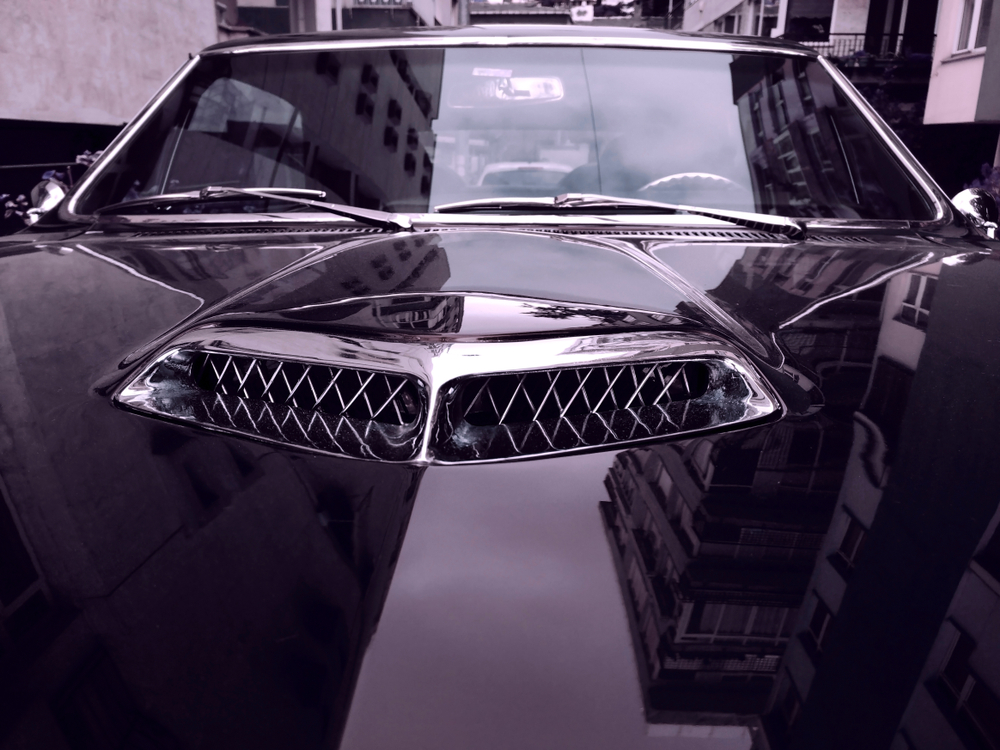
Aftermarket hood scoops are often installed for appearance, but if they’re non-functional, they can actually disrupt the vehicle’s airflow, causing overheating issues. Off-road vehicles need proper engine cooling, especially during slow, rugged climbs. If you want improved airflow, consider functional hood scoops or vents designed to direct air into the engine bay or radiator, helping to keep temperatures under control during demanding off-road conditions.
Over-Sized Spare Tires
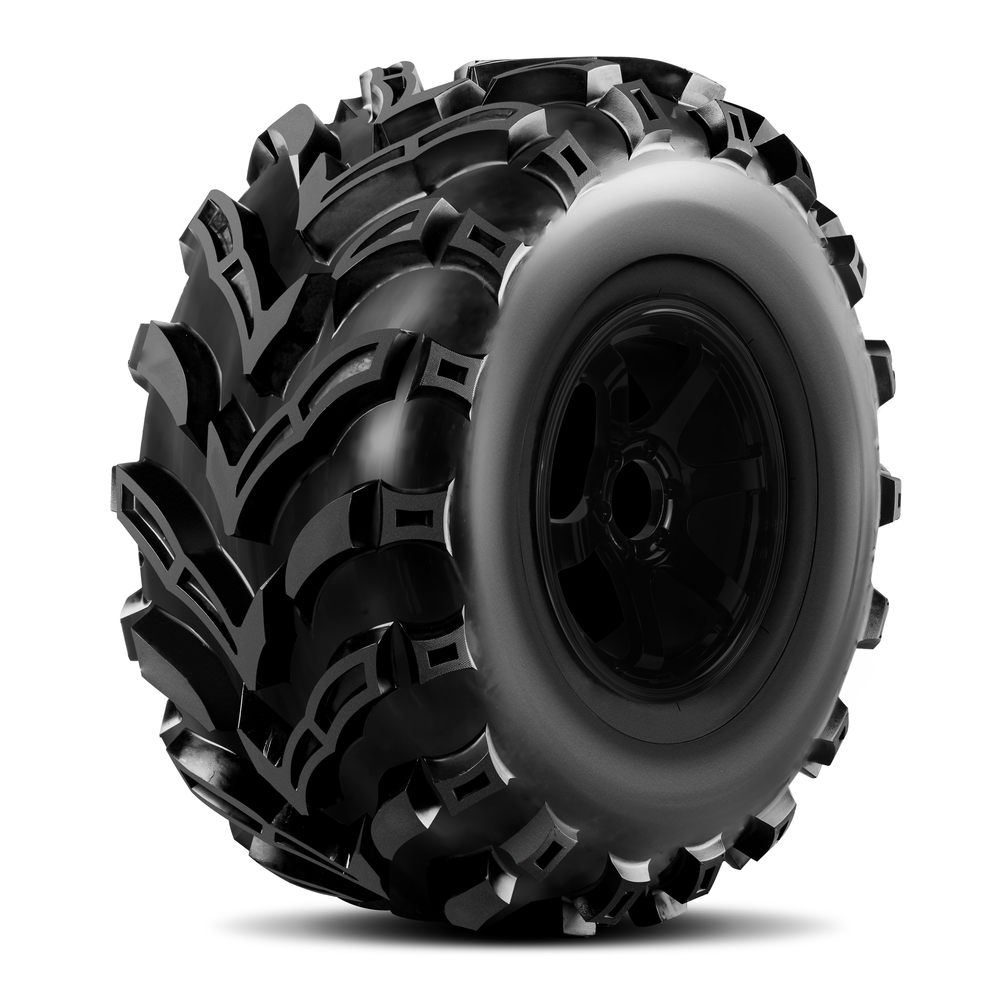
While carrying a spare tire is essential, installing an oversized, heavy spare can add unnecessary weight to the rear of your vehicle, stressing the tailgate or spare tire carrier. This added weight can also negatively affect the vehicle’s handling and suspension, especially on rough terrain. Stick to a spare tire that matches your primary tire size and use a reinforced tire carrier designed to handle the extra weight if needed.
Fake Beadlock Wheels
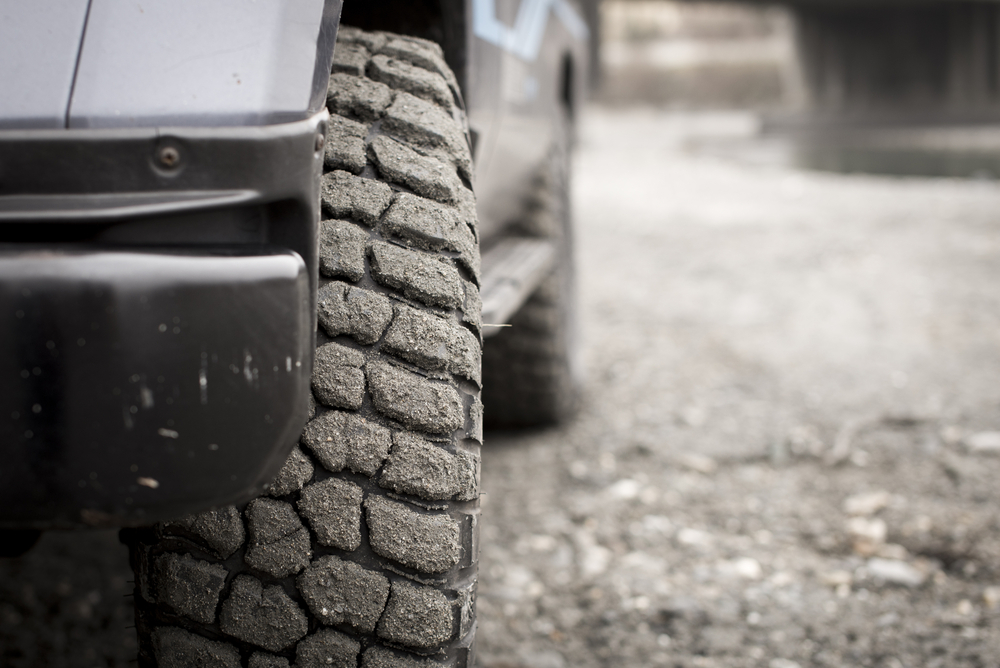
Beadlock wheels are useful for off-road vehicles that air down their tires for extra traction. However, fake beadlock wheels, which only mimic the appearance of beadlocks without actually functioning, offer no benefit and are often heavier than necessary. The extra weight can reduce fuel efficiency and increase stress on the suspension. If you need real beadlocks for serious off-roading, invest in authentic, high-quality beadlock wheels that can handle low tire pressures without losing the bead.
Cheap Fender Flares
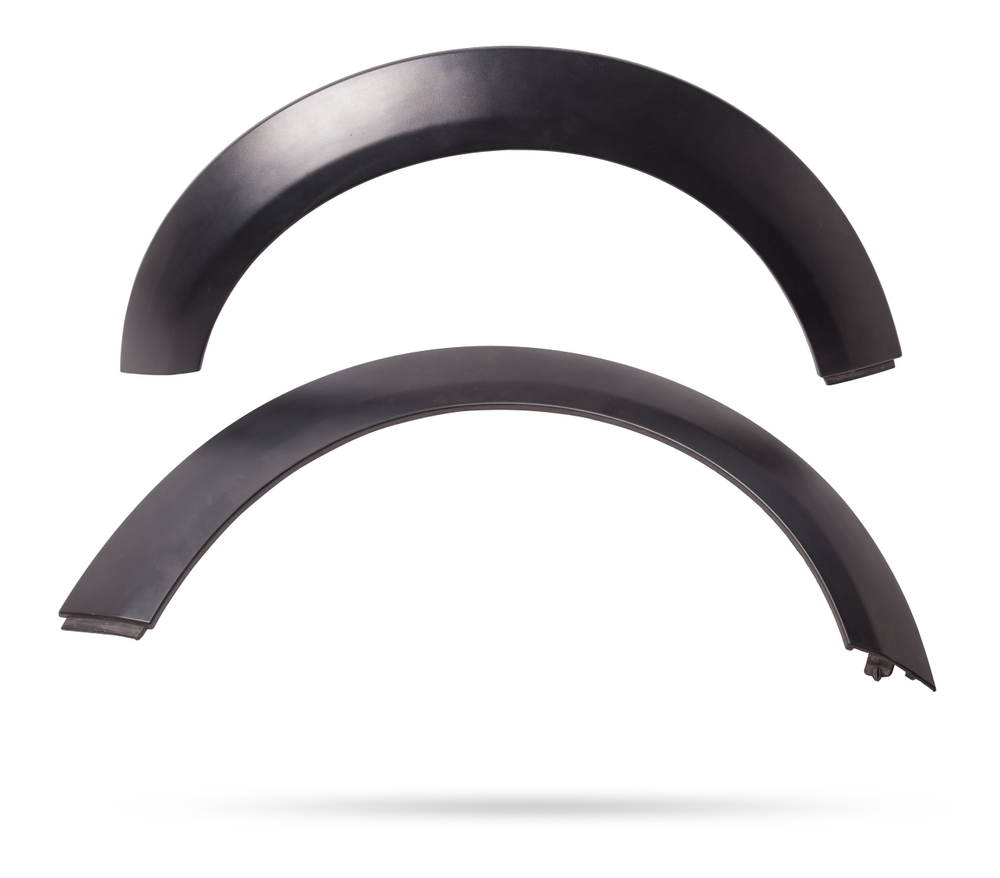
Inexpensive aftermarket fender flares are often made from low-quality materials that can crack or break easily during off-road driving. They may also be poorly fitted, allowing dirt and moisture to get trapped, which can lead to rust. If you need fender flares to accommodate larger tires or improve protection, opt for high-quality, flexible flares made from durable materials like thermoplastic or fiberglass, which provide better protection and longevity.
Skid Plates Without Proper Fitment
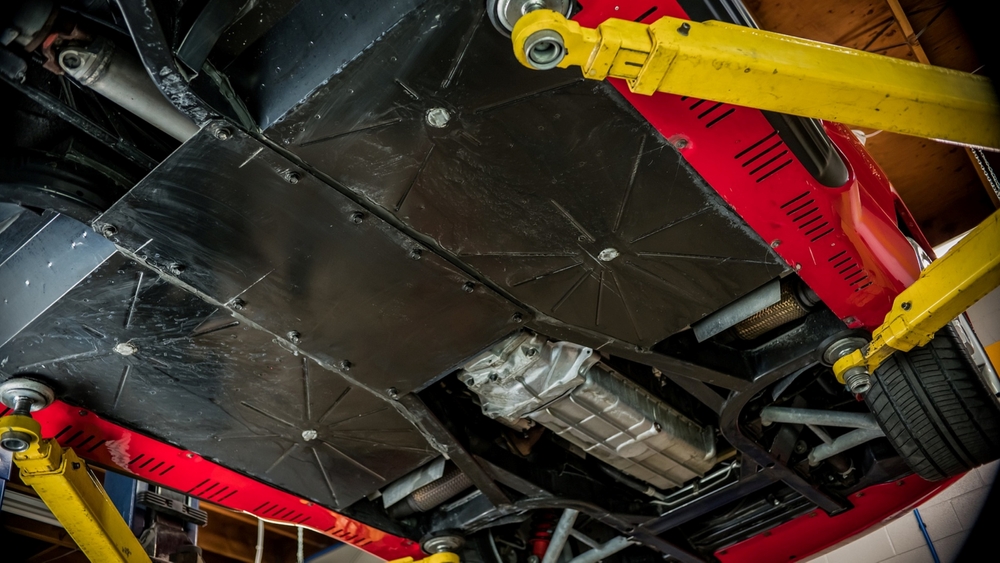
Skid plates are critical for protecting the undercarriage of off-road vehicles, but using poorly fitted or low-quality skid plates can leave essential components exposed. Skid plates that don’t cover the entire underside can allow rocks and debris to damage the engine, transmission, or fuel tank. Always invest in properly fitted, high-quality skid plates made from durable materials like steel or aluminum, and ensure they cover the key areas of your vehicle.
Non-Adjustable Suspension
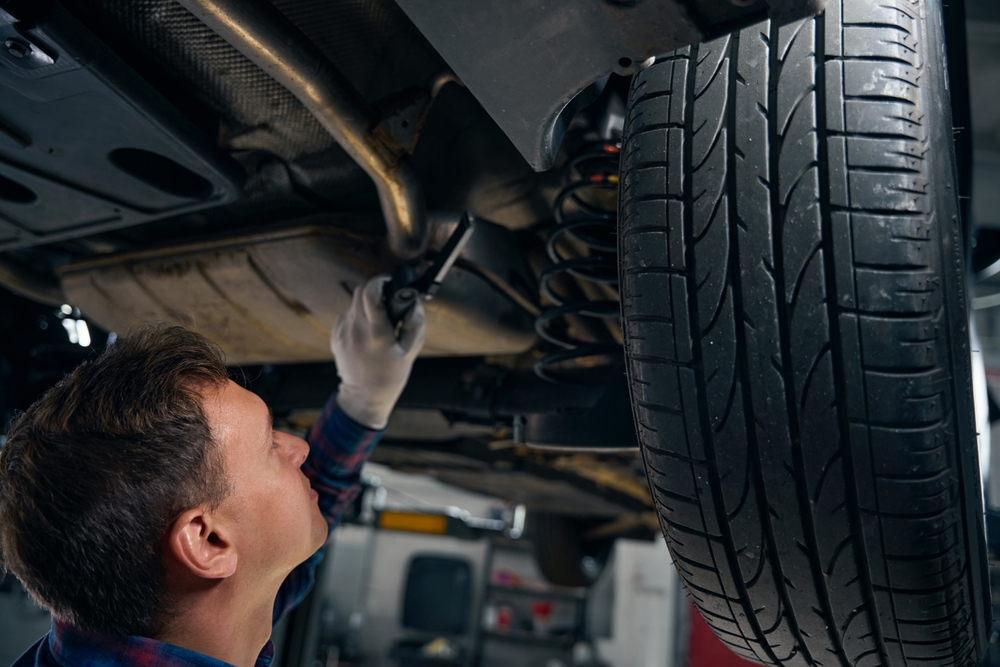
Installing non-adjustable suspension can be a problem for off-roaders who frequently encounter different types of terrain. Without the ability to adjust for height or stiffness, you could end up with a ride that’s too stiff for off-roading or too soft for towing. Consider adjustable suspension systems that allow you to fine-tune the vehicle’s ride height and stiffness for different driving conditions, offering better versatility and performance.
Heavy Brush Guards
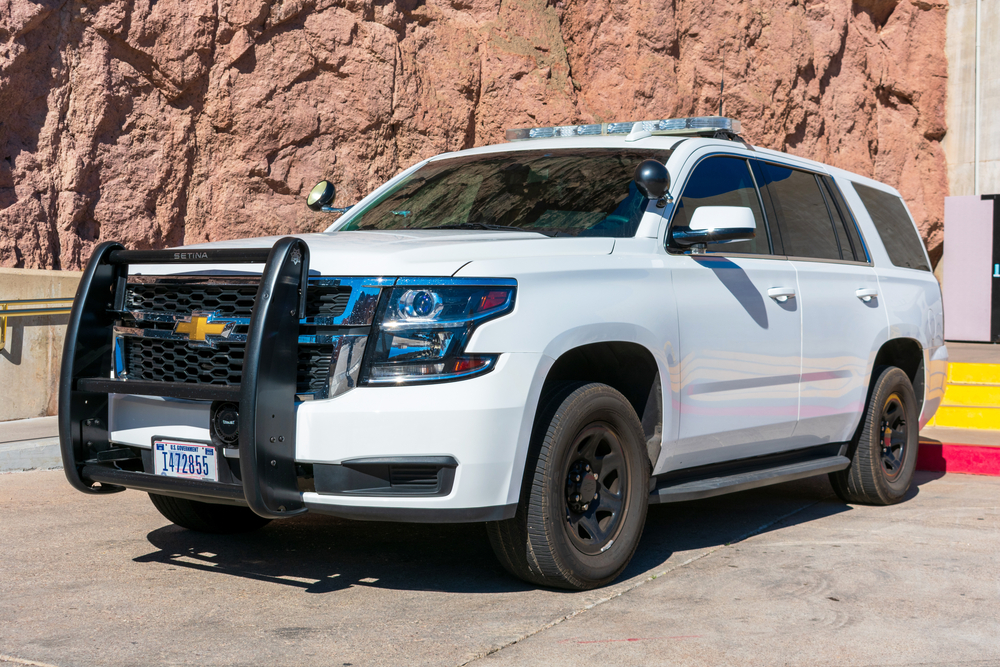
While brush guards can protect the front end of your vehicle from minor impacts, heavy steel brush guards can add unnecessary weight and reduce fuel efficiency. They also interfere with airflow to the engine, leading to overheating issues. Instead, opt for lightweight aluminum brush guards or modular systems that offer protection without compromising performance or causing excess weight on the front of the vehicle.
This article originally appeared in MyCarMakesNoise.
More from MyCarMakesNoise
15 Risky Items You Should Never Leave Unattended in Your Car
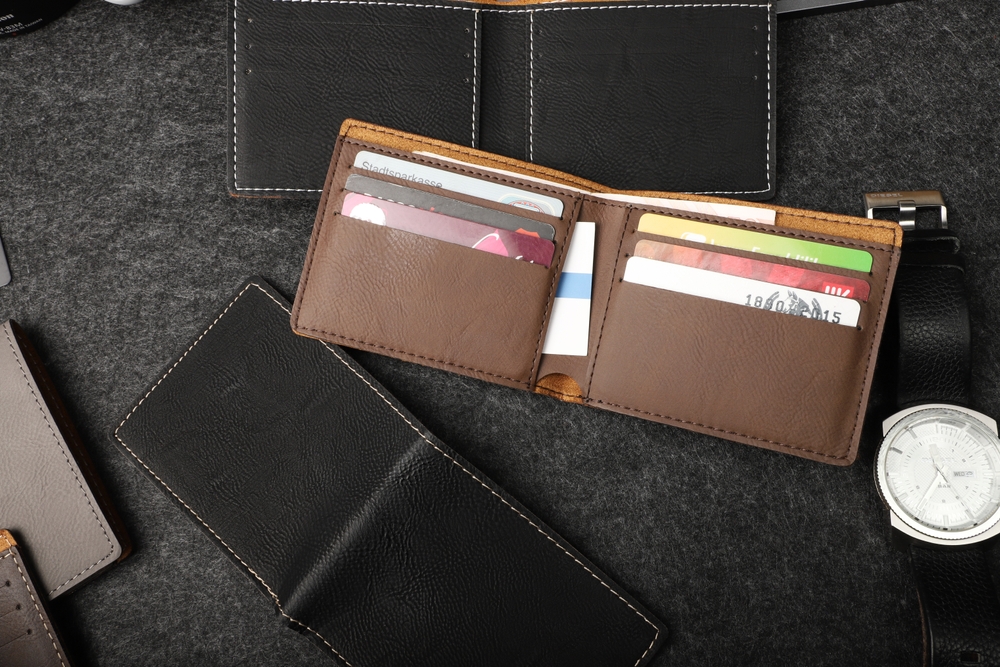
Whether you’re running errands or parking overnight, it’s important to know what attracts thieves. In this article, we’ll highlight 15 common items you should never leave in your car if you want to keep it safe. Read More.
15 Things to Never Mention at the Dealership if You Want the Best Deal

To get the best deal, it’s essential to know what not to share with the salesperson. Here are 15 things you should never reveal at the car dealership to help you stay in control and drive away with a great deal. Read More.
15 BMW M Series Cars That Dominate Both Track and Road
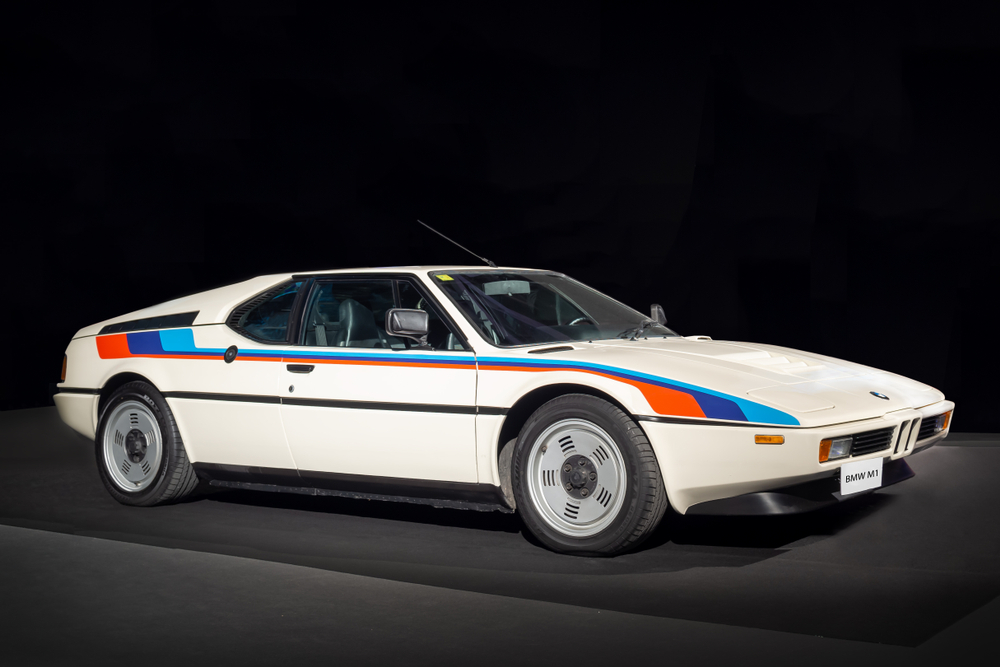
These 15 models showcase the perfect blend of power, agility, and engineering excellence that has made the M Series a legend in the world of motorsport and beyond. Read More.


